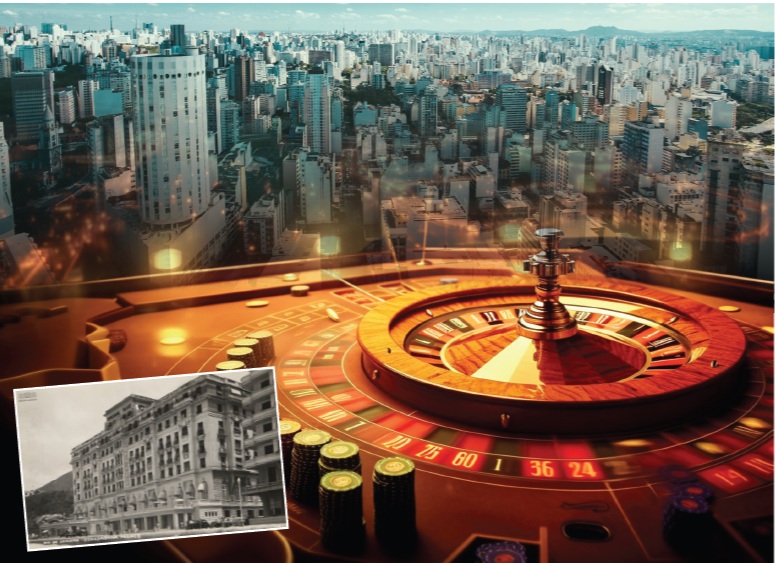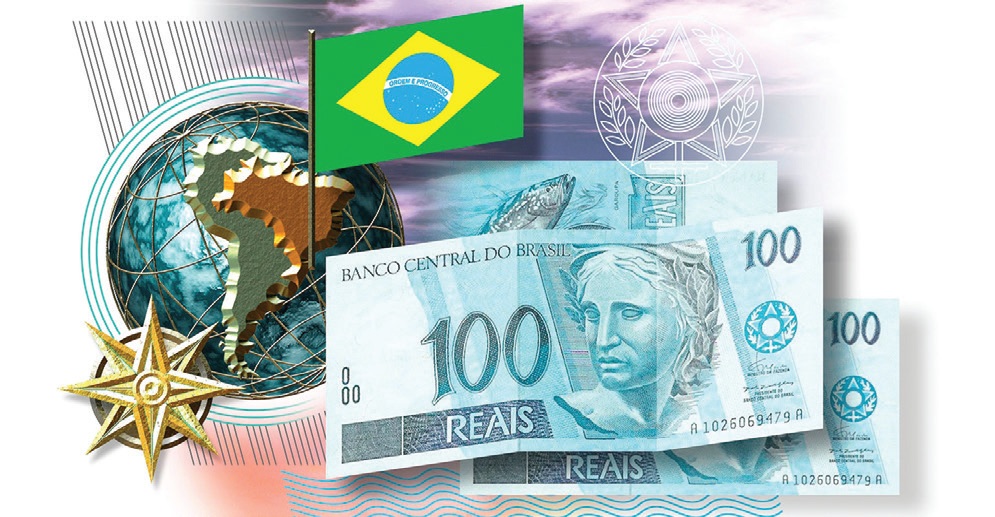Legalizing gambling in Brazil means clearing a thicket of social, legal and religious concerns. By Eugene Gerden
The Brazil Senate and national government are continuing active discussions regarding the legalization of casinos, as well as other gambling activities in the country. Recently, a bill that would legalize casinos, bingo halls and jogo do bicho (animal gambling) was officially presented and sent for consideration by the Senate.
This bill authorizes and establishes basic rules for gambling. If approved, it will allow Brazilian companies to offer gambling services subject to the payment of fees and taxes. According to the proposal, only companies
based in Brazil will be able to operate gambling establishments. These would be permitted in special locations authorized by the state.

Two Years in the Making
In fact, the draft of the bill was initially approved by the Brazilian Chamber of Deputies as far back as 2022, and by the main Senate committee in June 2024. However, since then it has faced resistance from the
more conservative wing in the Brazilian Parliament and the national government. The latter is delaying final adoption of the document. For example, well-known Sen. Eduardo Girão, in an interview with the Globo business paper, opined that the revenue from gambling taxation will be much lower than the “social costs” associated with such a decision. “There’s spending on mental health because there’s addiction, gambling addiction, which is already recognized by the WHO is as a serious illness”, he said. Opponents also fear that the approval of the bill will lead to a sharp rise of the crime rate in Brazil.
If adopted, the new law will allow a wide range of gambling activities in Brazil including casino games, bingo, video bingo, online gambling, animal games and horse-race betting. It will also end a 1946 ban on gambling in Brazil and liquidate penalties for such practices.
Proving the Ability to Play
In accordance with the bill, gambling operations must adhere to a series of criteria. These include, for example, minimum company capital requirements and proof of the lawful origin of the funds. The Ministry of Finance will be responsible for defining the licensing, inspection and exploration authorization processes. The government may also create a regulatory agency.
Under the proposal, only those over 18 will be allowed to play. There will also be a ban on players who declare themselves to be gambling addicts or who have been legally banned.
Fighting Fire with Fire
The project’s rapporteur, Sen. Irajá said that gambling represents a “relevant economic activity” in Brazil and that, for this reason, it should be allowed. “The main benefit of the project is to allow an economic activity that already exists to come under state control, mitigating possible links between gambling and organized crime,” he said.
In case of casinos, they will be accredited through public auctions and may only operate in integrated leisure complexes (possibly hotels) or on vessels. As for bingo, it will only be held at permanent locations, while operating licenses will be valid for 25 years.

As part of the bill, criminal responsibility for illegal gambling activities in Brazil will be significantly tightened. In general, casinos have been illegal in Brazil and a criminal offense since 1946, by a decree signed by President Eurico Gaspar Dutra, who was reportedly influenced by his wife Carmela Dutra, known for her strong religiosity.
The last roulette game in Brazil was held at the Copacabana Palace Hotel casino on April 30, 1946. According to some archives, at the time there were approximately 71 casinos in Brazil, employing 60,000 people in direct and indirect jobs. Despite this, horse-racing wagering and sports betting were legal, along with lotteries.
Religious Issues
The campaign to legalize betting in Brazil gained momentum due to industry’s pressure and the growing popularity of online betting in the country. Moreover, sports betting has a decades-long tradition in the country, having exploded recently due to the strong growth of online platforms – especially after 2018.
The debate over the legalization of gambling is controversial in Brazil, and is fueled with ideological and religious issues. Since 1991, several bills proposing the legalization of gambling have been discussed in the Brazilian National Congress. Lawmakers in favor of legalizing gambling in Brazil argue that gambling could increase revenue generated by taxation on its commercial exploitation.
Most of the countries that prohibit casinos are in the Islamic world, such as Indonesia and Saudi Arabia. Brazil, along with Cuba and Iceland, is one of the few non-Islamic countries that prohibits casinos within its territory. According to supporters of legalization, the Brazilian economy loses out in revenue, job openings and tourism to other Latin American countries such as Uruguay or Argentina.
Still, there is a possibility such a situation will change already this year. If the parliament approves the bill, it will be a subject of approval of President Luiz Inácio Lula da Silva.



















